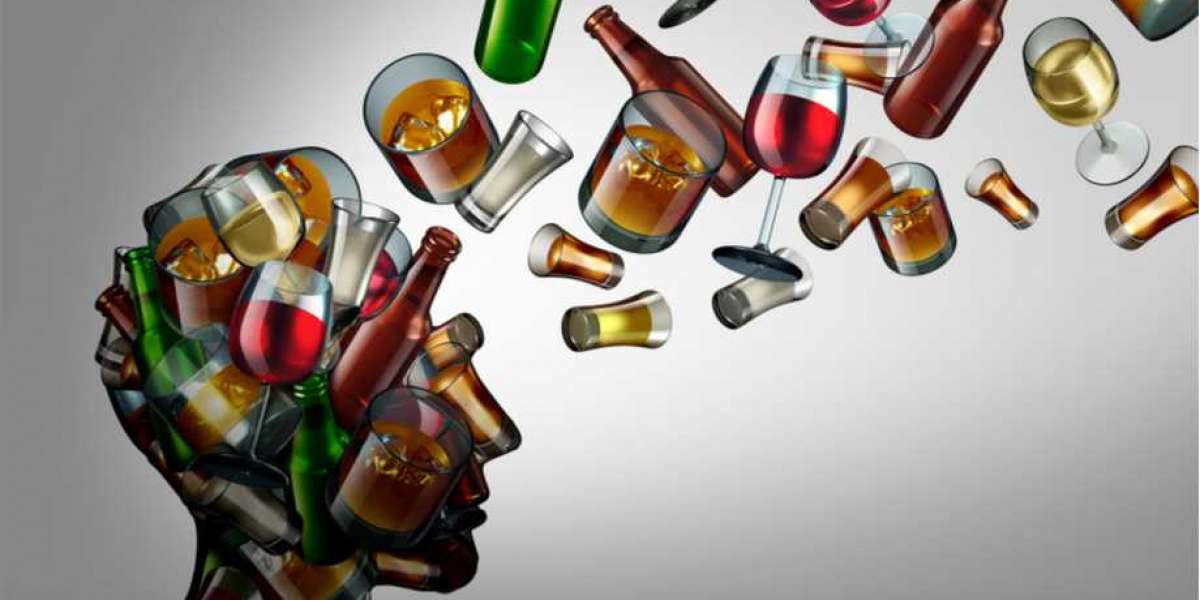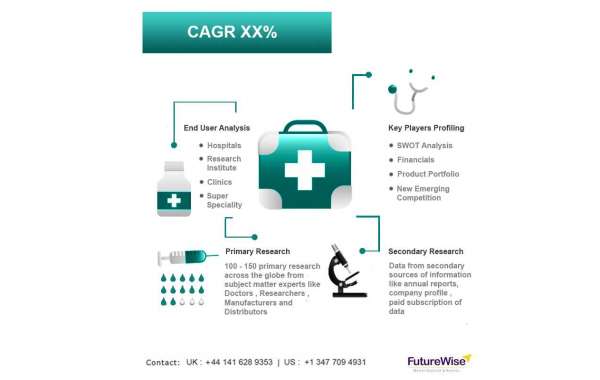If you are suffering from alcohol abuse, you might be wondering if there is any hope of quitting. While it can be difficult to kick the habit, you should not give up on yourself. Although alcohol use is associated with many dangers, it is not the only one. Alcohol use has been shown to increase the risk of violence and is not good for a person's health. Moreover, drinking alcohol while pregnant or breastfeeding can lead to problems for the baby.
Symptoms of alcohol abuse
Early detection of alcohol abuse can lead to early treatment and prevention of alcoholism. Even moderate drinking can lead to problems if it becomes a habit and causes undesirable consequences. Those who drink for social reasons can be prone to binge drinking, which is defined as consuming five or more drinks in a single day.
People who drink heavily experience withdrawal symptoms when they stop drinking. These can include restlessness, anxiety, nausea, sweating, and even trembling. They may also experience fever, confusion, or irritability. If these symptoms persist for more than two days, it may be a sign that an individual has an alcohol use disorder.
In addition to physical consequences, alcohol abuse can lead to persistent interpersonal and social problems. A person who consumes alcohol regularly often forgets important responsibilities and may even drive under the influence of alcohol. Eventually, alcohol abuse can even lead to serious medical complications, including problems with the heart and liver. Although there is no definitive test for alcohol abuse, identifying symptoms is important.
Alcoholism is a chronic brain disease characterized by intense cravings and compulsions for alcohol. Overconsumption of alcohol results in changes in the brain's structure and function. People with this disorder struggle to control their drinking habits, despite the effects of alcohol on their health.
Treatment options
There are many different types of treatment for alcohol abuse. Some people are treated through a residential program while others may choose an outpatient program. An outpatient program includes group and individual counseling. Some outpatient rehab centers also offer specialized behavioral health therapy, such as cognitive behavioral therapy or dialectical behavior therapy. Aftercare services are provided after formal treatment, in order to help people maintain new coping skills and establish a support system.
Medication-based treatment is also a viable option for many people. Certain medications can help reduce drinking and reduce withdrawal symptoms. Acamprosate, for example, is a medication that works by blocking the receptors responsible for the reward and craving of alcohol. However, some patients are less responsive to the drug than others. This is because genetic differences may play a role in the response to medication.
Alcohol-dependent people should also see their doctor for advice on alcohol-related issues. Alcohol withdrawal symptoms can start within hours of the last drink and can last days or even weeks. Medication-assisted treatment can help ease the withdrawal symptoms, as well as improve overall health. Patients with underlying health issues may also benefit from dual diagnosis treatment, which addresses both illnesses concurrently and helps them recover.
Alcohol abuse is a disease that affects the body and brain. It requires medical and psychosocial treatment to help a person overcome their addiction. A treatment program can help a person get back in control of their life and stop drinking altogether. Thousands of people are treated every year for alcoholism. Treatment programs include detoxification, therapy, and support groups.
Signs of relapse
One of the most common signs of relapse is a decline in self-care. During recovery, people may be unable to detect if they are failing to keep up with therapy, exercise, and other self-care activities. Fortunately, there are some signs that might give you a heads-up.
When an individual is suffering from emotional relapse, they can become angry, isolated, and defensive. In addition, they may be prone to developing new bad habits or acting out. It is important to recognize the signs of emotional relapse so you can help prevent a physical one.
One of the first steps you should take is to talk to a therapist. Discuss the reasons for the relapse and make a plan to avoid similar situations in the future. It is also important to allow yourself to express your emotions, as burying them may prolong the relapse and make it harder to address. Social support is also important, as it can help you cope with stressful situations and prevent a relapse.
When a person in recovery becomes isolated and lonely, it is likely that they will relapse. They may stop going to recovery meetings, cancel therapy appointments, or avoid social activities. Their behavior may also reflect that they are trying to hide their substance abuse and that they want to avoid having a relapse.







